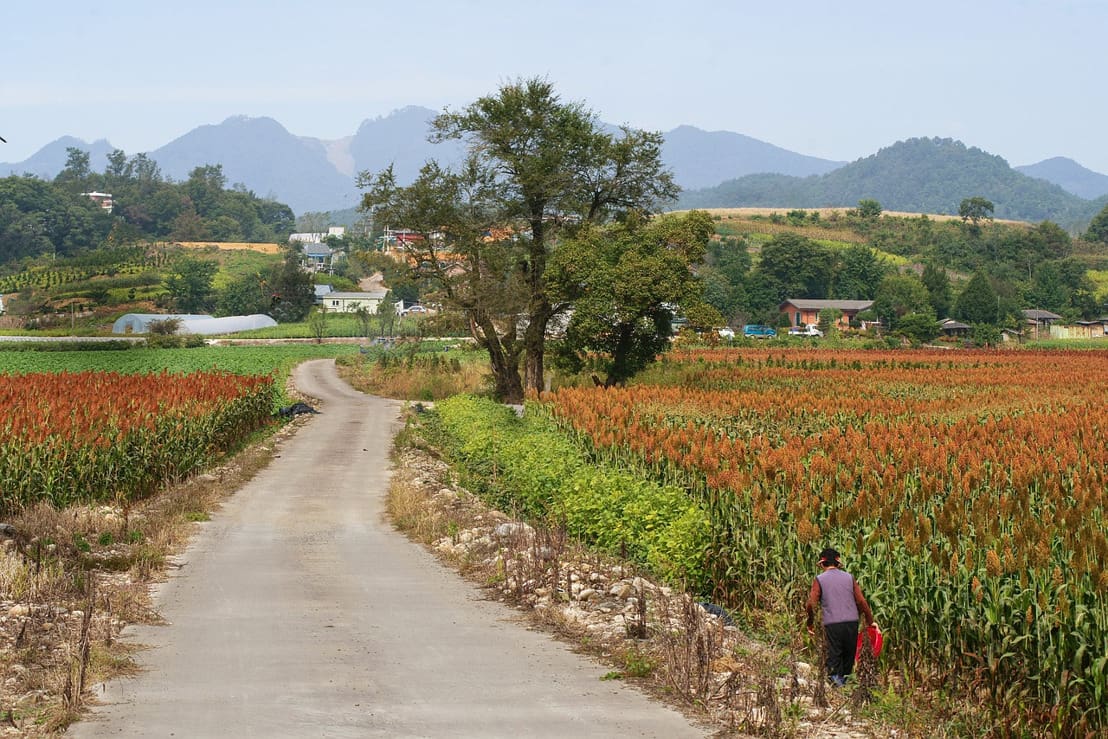
Farming in Zimbabwe. Photo: ICRISAT
ZIMBABWEAN farmers are poised for greater yield and income gains with the release of a new hybrid of white sorghum, or great millet, that also promises greater resilience to erratic rainfall.
The variety has come about via a collaboration between the International Crops Research Institute for the Semi-Arid Tropics and the pan-African seed company, the Seed Co Group, and has a yield potential of up to eight tonnes per hectare, offering farmers a 25pc yield increase over existing varieties.
Director general of ICRISAT Jacqueline Hughes said the release of this new hybrid was significant, and came out of research conducted through the Sorghum and Pearl Millet Hybrid Parents Research Consortium (SPMHPRC).
“This breakthrough is a prime example of how ICRISAT’s research efforts are contributing to the well-being of farmers and their families across the continent, to global food and nutritional security, and ultimately, to the achievement of the sustainable development goals,” Dr Hughes said.
“I thank the Seed Co Group and our other partners for this innovation which marks another significant step towards a more resilient and food-secure future for Africa.”
Seed-Co global research & development head Gorden Mabuyaye said the company’s partnership with ICRISAT strived to bring innovative and high-performing seeds to market.
“Our partnership is making a positive impact on farmers and their incomes and this new hybrid will go a long way in mitigating the effects of climate change in sub-Saharan Africa,” Dr Mabuyaye said.
ICRISAT’s principal scientist for eastern and southern Africa Hapson Mushoriwa said the new variety matures in 85-118 days, has good resistance to common leaf diseases, and has strong straw structure to help maintain plant stability essential for efficient and profitable crop production.
“I am pleased that this new hybrid is well-adapted to the agro-climatic conditions of Zimbabwe and offers a promising solution to sorghum farmers, particularly in those regions with moderate to erratic rainfall patterns,” Dr Mushoriwa said.
Source: ICRISAT

HAVE YOUR SAY